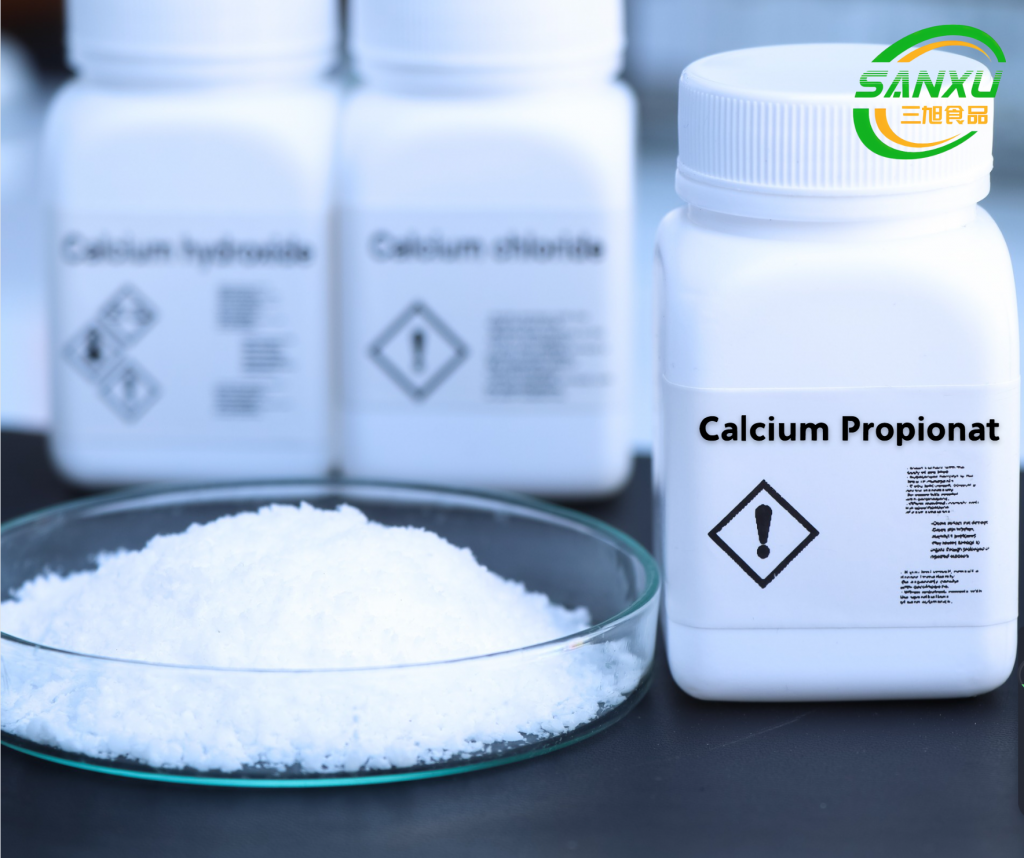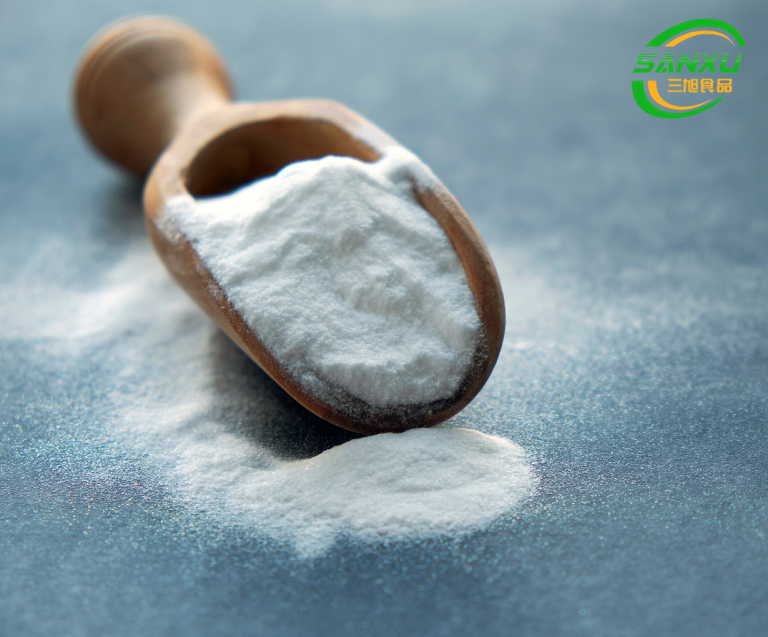Whatsapp:+8613375668511 Email: [email protected]
What are the advantages of calcium propionate?
Calcium propionate is a food additive that offers several advantages, particularly in the context of food preservation and safety. Here are some of the key benefits associated with its use:

- Mold Inhibition: One of the primary advantages of calcium propionate is its ability to inhibit the growth of mold and other spoilage-causing microorganisms. This is particularly important for extending the shelf life of bread and other baked goods.
- Widely Accepted: It is generally recognized as safe (GRAS) by regulatory bodies such as the U.S. Food and Drug Administration (FDA) and is approved for use in many countries, making it a widely accepted preservative.
- Versatility: Calcium propionate can be used in a variety of food products, including baked goods, processed meats, and dairy products, providing flexibility in its application.
- Stability: It is stable under a range of conditions, including different pH levels and temperatures, which makes it suitable for various food processing environments.
- Low Usage Levels: It is effective at relatively low concentrations, which means that a small amount can have a significant preservative effect, reducing the need for other, potentially more harmful preservatives.
- Non-Nutritive: Calcium propionate does not contribute to the nutritional content of food, which can be an advantage in products where maintaining a specific nutritional profile is important.
- Cost-Effective: It is often cost-effective compared to other preservation methods, such as refrigeration or freezing, especially for large-scale food production.
- Improves Food Safety: By extending the shelf life and reducing the risk of spoilage, calcium propionate can help improve food safety by reducing the likelihood of foodborne illness.
- Consumer Health: It can help maintain the quality of food products, ensuring that consumers receive fresh and safe products, which is particularly important for products that are consumed regularly.
- Regulatory Compliance: Its use is well-regulated, and manufacturers can rely on clear guidelines for its application, which helps ensure consistent quality and safety.
It’s important to remember that while calcium propionate offers these advantages, it should be used responsibly and in accordance with regulatory guidelines to ensure food safety and quality.




